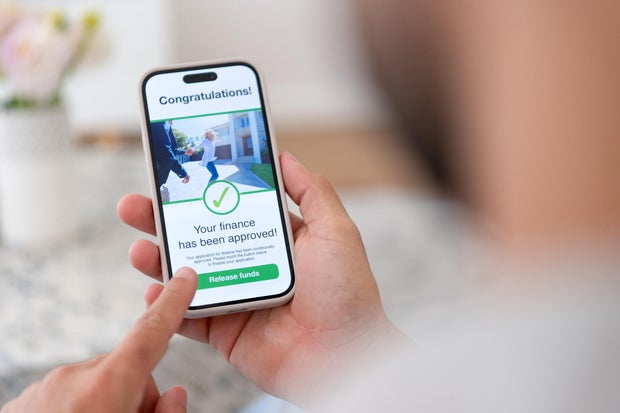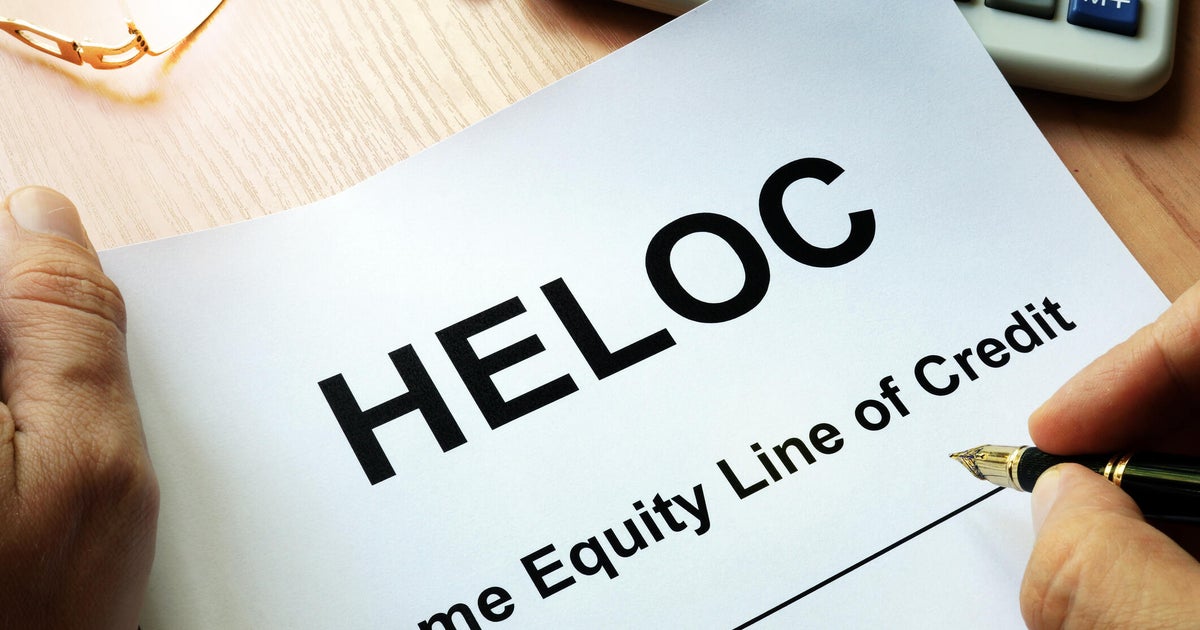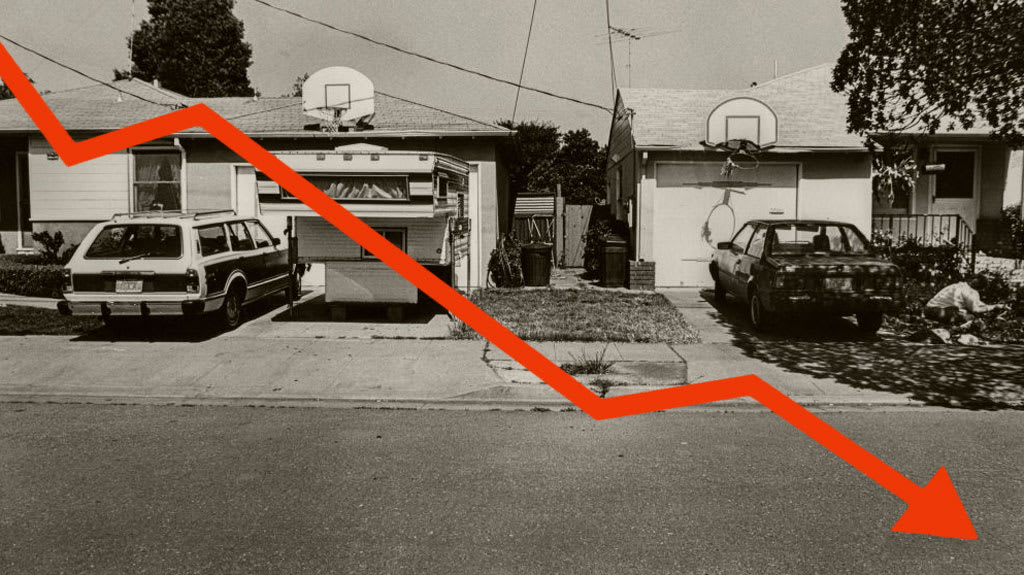Can I open a home equity loan and not use it?
Many Americans are familiar with the process of borrowing money via the swipe of a credit card. Others are well-versed in what it takes and what it costs to take out a personal loan. But borrowing money via home equity can be less familiar to homeowners. Yet now is an optimal time to do so, with interest rates on home equity lines of credit (HELOCs) and home equity loans materially lower than those on credit cards and personal loans. And with the average home equity amount over $300,000 right now, there's plenty of funding available to utilize as needed.
Before getting started, however, prospective home equity loan borrowers should do their research and understand the nuances of this particular product. Since the home functions as collateral in this exchange, they could risk foreclosure if they're unable to make their repayments as agreed upon. This understanding extends to both knowing how and when to use a home equity loan as well as what happens when you don't use it. Specifically, can you open a home equity loan and then later decide not to use it? That's what we'll answer below.
See how much equity you could withdraw with a home equity loan here.
Can I open a home equity loan and not use it?
If you open a HELOC, which works as a revolving line of credit, and decide not to use it, you'll only be liable for the closing costs on the line of credit. But that's not the same with a home equity loan. If you open a home equity loan and decide not to use it, you'll be responsible for the closing costs on the loan and subsequent monthly repayments until the loan is paid in full. That's because, unlike a HELOC, the home equity loan comes in a full lump sum, in which repayments are expected to start immediately. So, even if you don't use it, you'll still need to pay each month until everything you borrowed is paid back.
All that is to say that yes, technically, you can open a home equity loan and not use it. In these instances, however, it's generally preferable to repay it as quickly as possible. Otherwise, your costs and the interest payments will add up over time, which isn't beneficial if you're not even using the funds.
But what happens if you want to borrow your home equity, say for an emergency fund, but aren't sure if you'll ultimately need it? Or when you're unsure of how much you may end up using? In these cases, a HELOC can be a better option. If you open a HELOC and don't use it, you won't be expected to make payments as you would with a home equity loan. Additionally, even if you do decide to use some of the HELOC, borrowers will need to make interest-only payments during their draw period versus the full monthly repayments immediately required with a home equity loan. Finally, HELOC interest rates are a bit lower than home equity loans now (8.02% versus 8.40%), and they're poised to fall further should the interest rate climate continue to cool, as HELOCs have variable rates while home equity loans have fixed ones.
So, yes, you can open a home equity loan and not use it. But if that's the intent or the thought process behind securing the funding, a HELOC will be the smarter, easier and more affordable alternative.
Compare your HELOC and home equity loan options online today.
The bottom line
Homeowners can technically open a home equity loan and not use it, although that doesn't mean that repayments will be delayed. As long as the home equity loan funds borrowed are outstanding, homeowners will have monthly payments to make, even if the home equity loan itself remains idle. In these instances, alternative home equity borrowing sources could be preferable, particularly considering that a HELOC comes with more flexibility and lower interest rates in today's unique economic climate. Just be sure to carefully consider the variable rate nature of the HELOC to ensure long-term affordability, particularly if you're not sure how much of the line of credit you'll ultimately wind up utilizing.






